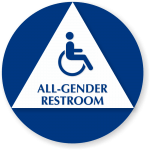2019 County and City Minimum Wage Updates

On January 1, 2019, the minimum wage will rise in 20 states and on the federal level for employees of federal contractors. While state-level minimum wages remain a popular solution for regional cost-of-living differences, municipal minimum wages are increasingly seen as a remedy for cost-of-living differences between cities and counties within an individual state. 20 Read more








